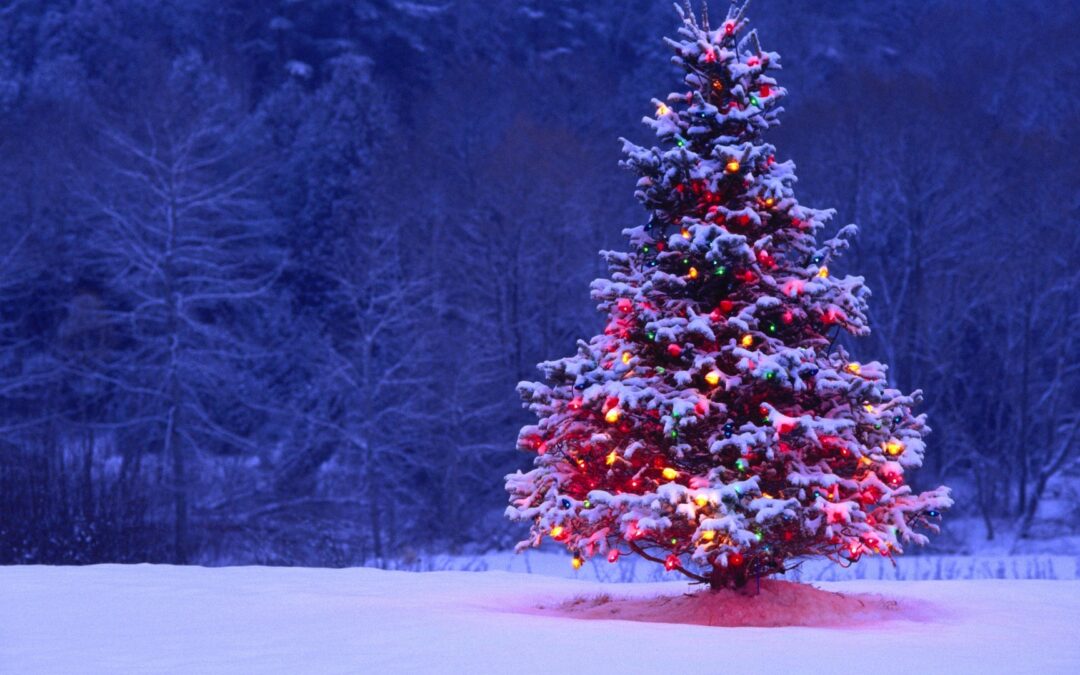Blood donors in Poland can claim a free Christmas tree this week in an initiative organised by State Forests and the National Blood Donation Centre.
As a token of gratitude to donors, the two state agencies are offering “a natural tree, smelling of the forest” to encourage people to give the “priceless gift of life” by donating their blood.
“Blood is a medication that cannot be produced,” write the organisers on the on the website of the initiative. “Only thanks to such noble, sensitive people as blood donors is it possible to carry out complicated operations and save the health and lives of seriously ill people and help the victims of accidents.”
A tree will be given to each person donating blood on 16 December in one of 41 locations around the country (marked on the map below).
The trees come from scheduled felling and special Christmas tree plantations, including places in the forest where there is no room for tall trees. The organisers also warn that trees should always be obtained from foresters or vendors who can show a certificate showing their provenance.
An infographic produced by the State Forests lists the advantages of a natural tree – which does not use chemicals, is biodegradable, and produces oxygen when it grows – over an artificial one, which is unrecyclable and takes 500 years to decompose.
It also offers tips on what to do with the tree after Christmas, suggesting ways of disposing of it safely and ecologically as well as advice for replanting a tree kept in a plantpot.
Blood donors in Poland must be aged between 18 and 65 and weigh at least 50 kg (110 lb). They must also not have symptoms of a cold or have had a COVID-19 vaccination within the last 48 hours (Pfizer or Moderna) or 14 days (AstraZeneca or Johnson and Johnson).
Foreigners living in Poland are also often surprised to learn that they are required to speak Polish fluently to give blood (in order to guarantee that they understand the forms they are signing)
People who spent at least six months in the United Kingdom, Ireland or France between 1980 and 1996 are also banned from being donors owing to potential exposure to Creutzfeldt–Jakob disease (CJD).
Main image credit: Pixy (under CC BY-NC-ND 4.0)

Ben Koschalka is a translator, lecturer, and senior editor at Notes from Poland. Originally from Britain, he has lived in Kraków since 2005.




















